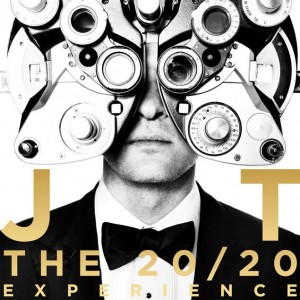By Megan Whalen
Staff Writer
Justin Timberlake has been noticeably absent from the music scene for the past several years, leaving a Justin-shaped hole in the pop charts.
Finally, this month, fans waiting with bated breath were granted “The 20/20 Experience,” Justin’s first album since “Future Sex/Love Show” in 2006.
This album marks a bit of a departure for Justin. His first two albums focused heavily on catchy chart-toppers and had a satisfying balance of fun pop songs and ballads.
“The 20/20 Experience” shows a more old-fashioned side of Justin, as he seems to be hearkening back to the motifs of Motown and the big band era, rather than the R&B pop he is known for.
For example, “Pusher Love Girl,” the album’s opening song, features sweeping violins and brass instruments, with Justin singing in his signature falsetto.
African themes even make an appearance in “Let The Groove In,” which is a fast-paced song that succeeds in making listeners want to get up and dance.
Instead of playing these genres straight, Justin pairs them with more modern techno beats and playfully suggestive lyrics, which makes for an interesting combination that is different from his prior work.

Just like any experiment, this often pays off, but can also fall flat. The artistry and fun of songs like “Suit & Tie” and “That Girl” are placed in stark contrast to the strangeness of songs like “Spaceship Coupe” and “Strawberry Bubblegum,” which seems to be a failed homage Barry White and the deep voices often utilized in 1950s pop songs.
Perhaps the biggest qualm one can have with JT’s newest endeavor is its sheer excess. Songs that could easily get their point across and be perfectly catchy within four minutes drag on for eight.
Not only are the songs long, but the extra space is utilized by lengthy, unnecessary instrumentals and simple repetitions of the choruses.
Although I have to commend Justin for treading new ground with the incorporation of different genres and a more artistic sound, the result is an album that is not as radio-friendly as his former albums.
The singles, while strong and catchy on their own, are overshadowed by their weaker counterpoints.
Don’t be surprised if you find yourself skipping through these songs and opting to listen to “Cry Me a River” for the millionth time.






